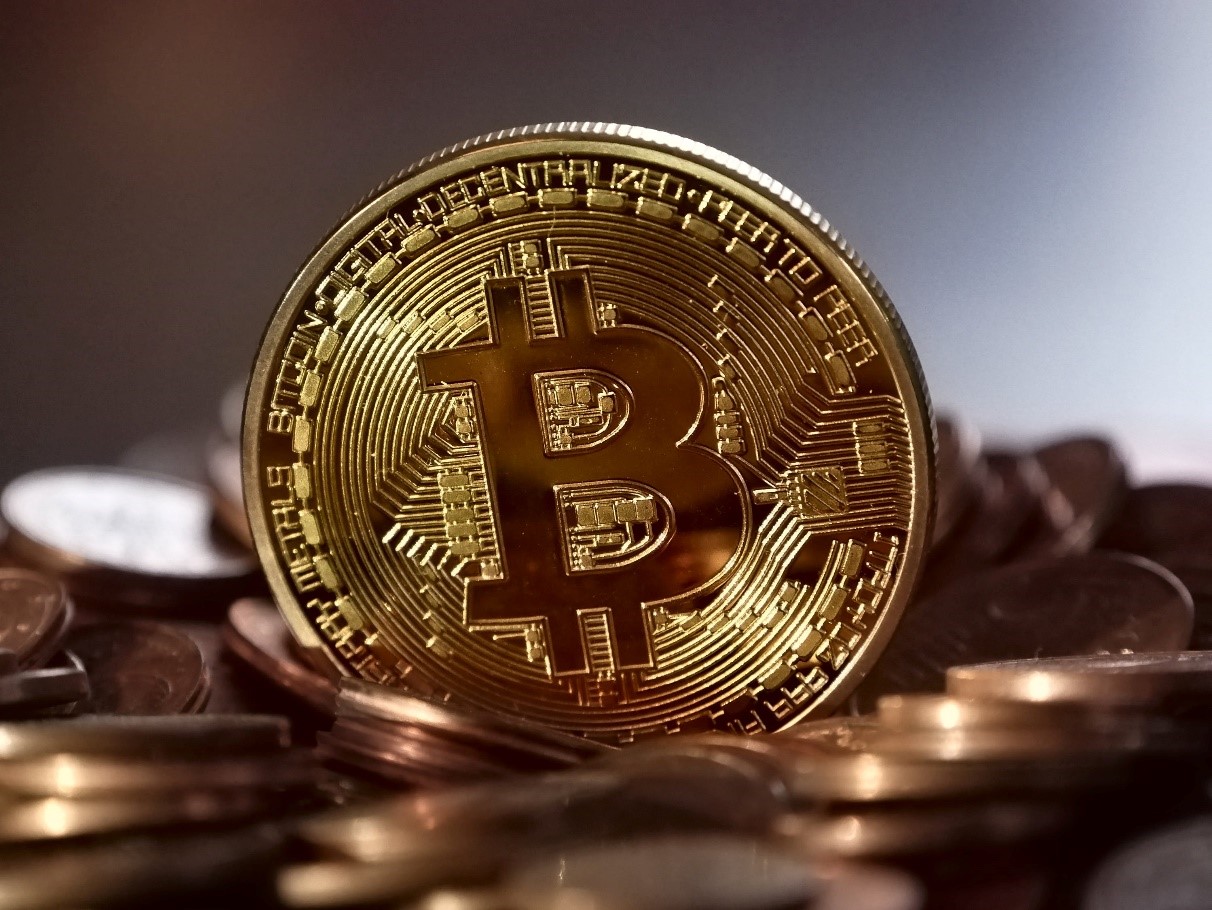Is Cashless Gaming The Future?
From the early 1990s non-cash transactions became more common with the introduction of electronic banking. By the 2010s, digital payment methods were prevalent in many countries, including PayPal, digital wallets such as Apple Pay, contactless card payments, electronic bills and online banking. There are apps available to split bills when out dining with friends and sharing an Uber, and even the smallest of independent retailers have been able to accept card payments as the use of credit and debit card readers have become more accessible.
According to a 2018 MasterCard report, over 50% of transactions in Nordic countries, Singapore, the Netherlands, France, Canada and the UK are cashless, with the USA not far behind at 45%.

An increase in cashless transactions has also been driven by the development of technology and the internet, as more goods and services are accessed online. In order to remain competitive, almost all providers of goods and services have an online presence, including clothing stores, bookshops and electronics, as well as training providers and educational establishments. Console gaming companies have also found that as people increasingly play online, they do not want to have a physical copy of the game, but instead pay online and download new games, updates, and additional content.
One area that has, over the last couple of decades, been increasing its online presence is online gambling. New technologies have made it possible for land casinos to replicate the experience of betting in a casino online, attracting new players and increasing revenue. There has also been the emergence of online-only casinos into the market. With people increasingly busy with additional demands on their time, these online casinos have gone from strength to strength. People can gamble according to their needs and budgets; with hard-core gamblers able to immerse themselves in the online world created and gamble large amounts of money, whereas casual gamblers can drop in and out and bet pennies at a time.
Online casinos have embraced a number of different types of cashless payments, expanding from just credit or debit cards to other platforms to attract more players. In particular, online casino sites have worked alongside digital payment companies like PayPal to increase the accessibility of their services. Some providers offer specific games that are payable via platforms such as PayPal, for example PayPal slots online allows players to play their favourite slot games whilst paying via their preferred payment option.
Whilst bank cards are handy, some players do not want to use them for online gambling, this is because of perceptions around security, anonymity, and being able to keep transactions secret from others. PayPal is regularly accepted as a form of payment, and some casinos also accept Neteller, Skrill, pre-paid cards such as paysafecard, with some even accepting cryptocurrencies such as Bitcoin.

A handful of casino sites have the option to pay via cryptocurrencies such as Bitcoin.
Cashless transactions are present in all areas of our daily lives. Getting on the tube requires no more than a swipe of a contactless card, getting morning coffee and grabbing a bite to eat all at the tap of a smartphone. We can go out for dinner with friends, catch a film and head back home in a taxi all without seeing a single penny of cash. A cashless society has a number of benefits to governments, retailers and customers; reduced business risks and costs (counterfeit money, theft from premises or when transporting money to the bank), increased transaction speed, better collection of economic data, difficulty of money laundering and illegal activity, as well as easier budgeting and visibility of spend for consumers.
Land casinos have also started to diversify their payment options. Some still have the old-style traditional slot machines, with rows of gamblers holding cups full of pounds, inserting them rhythmically into the machine waiting for the pay out, also in the form of coins, to come tumbling out the bottom, but most have also upgraded to digital machines. Land casinos predominantly set players up with membership cards to use whilst in the casino. This can be linked to a bank card, or topped up using a variety of methods, including bank transfer, card payment, pre-paid card and even cryptocurrency. The use of a card makes it easier for gamblers to switch between machines and games as they do not have to find change, and for casinos the switch to cashless payment reduces the risk of theft.
Whilst the gaming industry in general has seen a significant proportion of its business move online, it is unlikely that the industry will go fully cashless. Whilst there are many benefits to cashless payments, there will always be a need for the industry to accept cash. This may be in the form of top ups in physical stores with cash to be able to use pre-paid cards online, to cash payments when shopping in stores for a physical copy of a game. There will always be a demographic that does not have access to digital payment methods; the very young who are buying their first console and subsequent games, those living in rural areas without broadband and those without bank accounts. There will always need to be provision for these groups to enable them to become consumers of the industry.

Some players prefer to purchase physical copies of video games, which means a fully online gaming industry is unlikely.
Overall, whilst there has been a significant move toward a digital and cashless society, it is unlikely that any industry will ever be fully cashless, at least not without excluding a number of potential customers. There are benefits to going cashless, including the reduction in business costs and risks, speed of transaction, reduction in money laundering and illegal activity, better monitoring of transaction and economic activity. However, there are also a number of risks with this approach; lack of privacy, potential for digital fraud and centralised control, as well as other risks that disproportionately affect the most vulnerable in society including the elderly, poor, undocumented. A cashless society would be inaccessible for those without bank accounts or broadband, those without technology. As such, it would not be in the best interests of any industry to go fully cashless.
***
DISCLAIMER
The views, the opinions and the positions expressed in this article are those of the author alone and do not necessarily represent those of https://www.cryptowisser.com/ or any company or individual affiliated with https://www.cryptowisser.com/. We do not guarantee the accuracy, completeness or validity of any statements madewithin this article. We accept no liability for any errors, omissions or representations. The copyright of this content belongs to the author. Any liability with regards to infringement of intellectual property rights also remains with them.